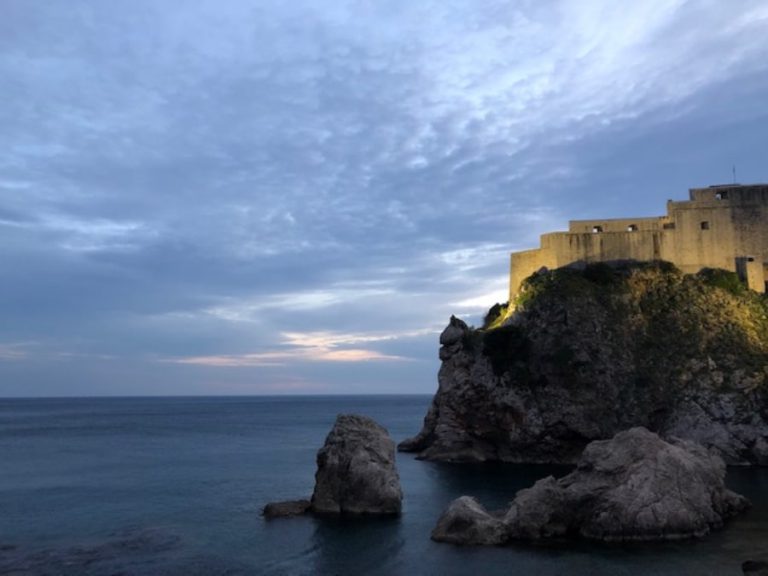Towards the end of March 2019 about 40 seasoned scientists and sustainability practitioners met in the beautiful city of Dubrovnik to discuss a topic that should become the mainstay of exchanges on SDG implementation and sustainability transformations.The meeting was designed as an inquiry into a burning theme:
- Do we know where all our transformation efforts could or should lead to?
- Is sustainability as a desired state enough guidance or do we need to think beyond?
- Can we, within the frameworks of our current institutionalized way of operating on planet Earth, achieve a transformed world?
- Or do we need to begin thinking about the essentials of a new operating system of humankind on this planet? One that would work for 100% of humanity and the planet as whole?
There are many individuals and groups that project thoughts into a different future, some with gloomy scenarios anticipating a breakdown of human civilization, the dire need to evade catastrophe by technological interventions or seeking refuge in space.
This group’s intention was to begin a thinking process and fostering a narrative of possibilities, a future civilization – or even future civilizations – which operate according to principles that enhance planetary aliveness and humankind’s vitality as a result of shifts in mindset and human agency.
The participants came from the World Academy of Arts and Science, from the International Club of Romeand the Institute for Advanced Sustainability Studies. No-one pretended to have all the answers to the above questions, but all were interested to take a deep dive into the various sessions that addressed issues such as needed worldview shifts, essentials of transformations and the need to shift from emergency to emergence. The paradox became increasingly clear: as the current urgency to address the global challenges, most prominently seen in the students movement #FridaysForFuture to act on climate change justifiably takes us into an emergency mode and demands action, we might run into the danger to not address the underlying old paradigm thinking that took us into the state of emergency.

